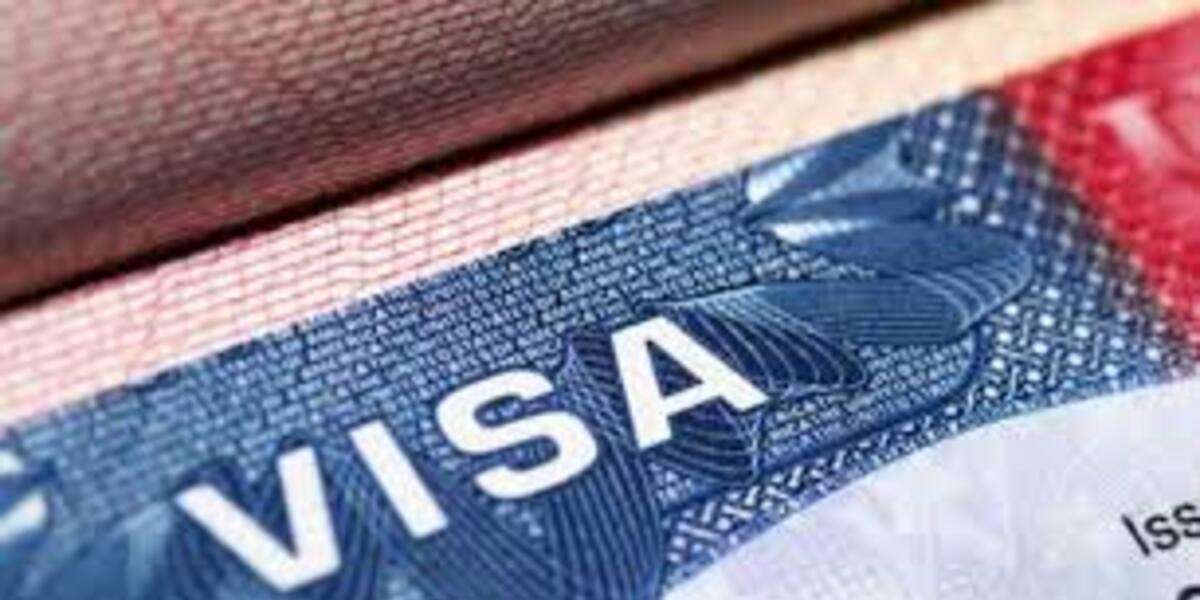President Bola Ahmed Tinubu has directed key federal agencies to take decisive action in response to recent visa issuance changes by the United States and the United Arab Emirates affecting Nigerian travelers. This directive comes amid growing concern over more restrictive travel conditions now being imposed by both countries, particularly for non-immigrant applicants.
On July 8, the U.S. State Department announced a significant reduction in visa privileges for Nigerian passport holders. The changes include shifting from previously granted multiple-entry visas with long-term validity of up to five years to single-entry visas valid for only three months. According to a statement from Presidential Adviser on Information and Strategy Bayo Onanuga, this adjustment by the U.S. stems from two core concerns: the rising number of visa overstays by Nigerians and difficulties in accessing reliable applicant records from Nigerian authorities.
The U.S. also cited that the changes are part of a broader global visa reciprocity framework, which involves ongoing policy reviews aimed at ensuring fairness and compliance between nations. The announcement caused ripples across Nigerian social media and travel networks, as many viewed the policy shift as abrupt and unfavorable.
In a parallel development, the UAE has also introduced stricter entry conditions for Nigerian nationals. One key change is that Nigerians aged 18 to 45 are now ineligible for tourist visas unless accompanied. Applicants aged 45 and above must provide six-month bank statements showing a minimum monthly balance of $10,000 (or its naira equivalent) when applying. Transit visa applications have also been halted, adding to the strain for Nigerian travelers.
Though the Federal Government has not received any formal communication from the UAE on these developments, officials confirmed that visa issuance continues “in a gradual and orderly manner.” President Tinubu welcomed ongoing diplomatic engagement with the UAE, stressing that Nigeria is addressing any legitimate concerns through proper channels.
To address these diplomatic and administrative challenges, President Tinubu has instructed all relevant Ministries, Departments, and Agencies (MDAs) to strengthen inter-agency coordination and improve mechanisms for verifying the identities and travel history of Nigerians seeking consular services abroad. The goal is to boost transparency, uphold Nigeria’s international obligations, and maintain the trust of foreign governments.
In his directive, Tinubu also called on Nigerians to respect the immigration laws of other countries and uphold the integrity of the privileges and permits granted to them. He emphasized the importance of responsible citizenship abroad and assured Nigerians that his administration is committed to ensuring they can travel, live, and work anywhere in the world with dignity.
The statement further reinforced that Tinubu’s diplomatic approach is anchored on the administration’s 4-D foreign policy strategy, Democracy, Development, Demography, and Diaspora engagement. This strategy, according to the Presidency, aims to protect Nigeria’s global image, promote international cooperation, and ensure that Nigerians are treated fairly in foreign jurisdictions.








